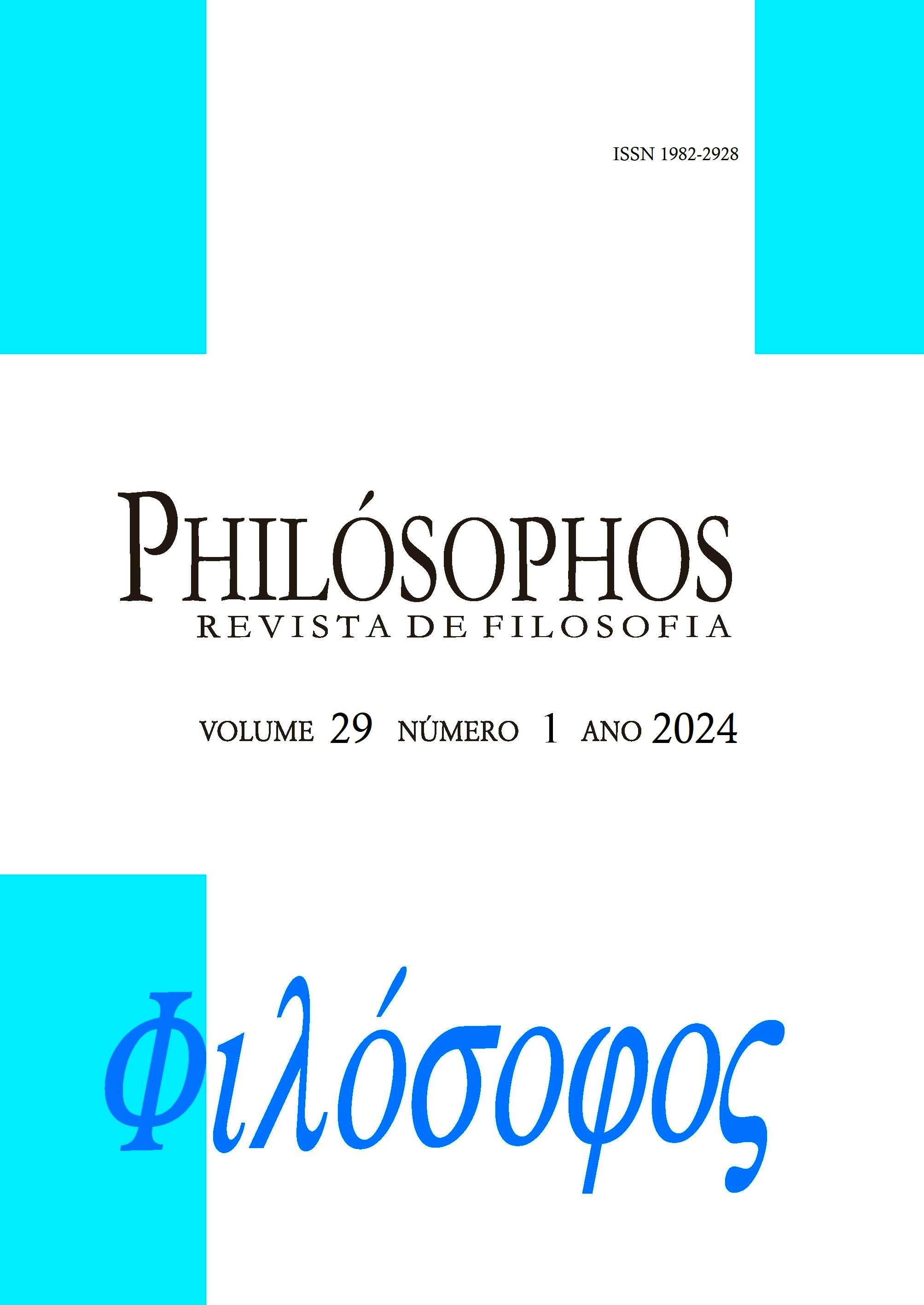The epistemic reach of aisthēsis in Theaetetus 184-6
DOI:
https://doi.org/10.5216/phi.v29i1.78663Resumo
This paper explores the scope of the theses presented in Theaetetus 184-6 concerning the epistemic capacity of aisthēsis. I develop two main arguments in this analysis. First, I situate the passage within the broader context of 151-183 and propose that the argument in 184-6 stands independently of the analysis of the Protagorean theses conducted in 151-183. Then, I analyze the traditional reading of 184-6, which holds that aisthēsis lacks cognition, and contrast this perspective with that of those who argue that Plato allows for some judicative content at the sensory level. I demonstrate that both readings exaggerate the importance of Plato’s defended position in 184-6, particularly regarding the epistemic limits of perception.
Downloads
Downloads
Publicado
Como Citar
Edição
Seção
Licença
Copyright (c) 2024 Philósophos - Revista de Filosofia

Este trabalho está licenciado sob uma licença Creative Commons Attribution-NonCommercial-NoDerivatives 4.0 International License.
Autores que publicam nesta revista concordam com os seguintes termos:
- Autores mantêm os direitos autorais e concedem à revista o direito de primeira publicação, sendo o trabalho simultaneamente licenciado sob a Creative Commons Attribution License o que permite o compartilhamento do trabalho com reconhecimento da autoria do trabalho e publicação inicial nesta revista.
- Autores têm autorização para assumir contratos adicionais separadamente, para distribuição não-exclusiva da versão do trabalho publicada nesta revista (ex.: publicar em repositório institucional ou como capítulo de livro), com reconhecimento de autoria e publicação inicial nesta revista.















